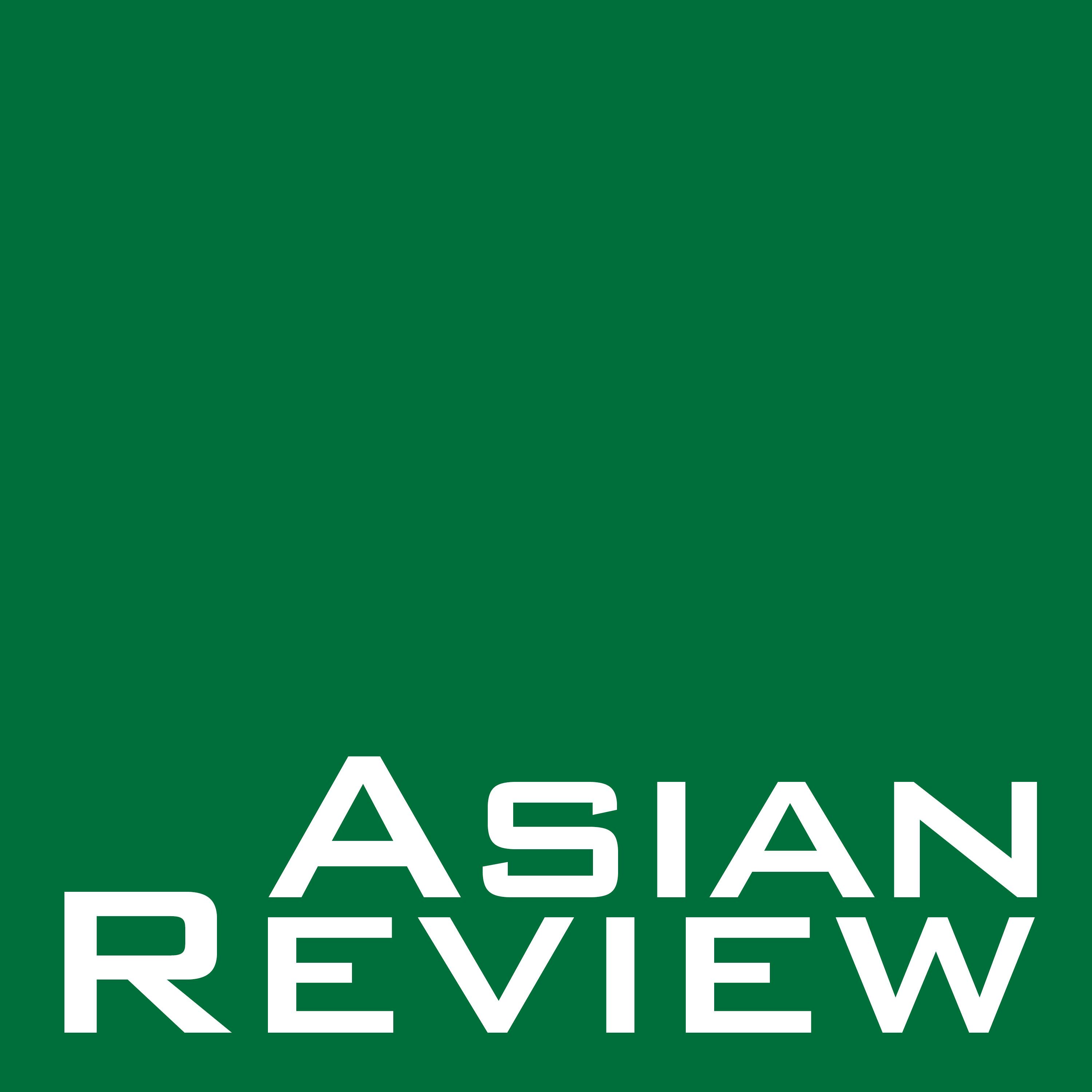Elise Hu, "Flawless: Lessons in Looks and Culture from the K-Beauty Capital" (Dutton, 2023)
Description
In August, Representative Alexandria Ocasio-Cortez took to Twitter to complain about how U.S. regulations are holding local sunscreens back compared to the rest of the world. And while she didn’t name any specific country, the video featured headlines that did name one nation: South Korea. On social media, Korean cosmetics are now viewed as the world’s best.
But where did this success come from—and, perhaps, what does it say about South Korea? Elise Hu, during her time in South Korea, tried to find out, researching and reporting on not just the cosmetics industry, but gender politics, the culture of lookism, K-Pop, and cosmetic surgery, all covered in her latest book Flawless: Lessons in Looks and Culture from the K-Beauty Capital (Dutton, 2023)
In this interview, Elise and I talk about South Korea, its world-leading cosmetics industry, and what that says about gender and lookism in this buzzing East Asian economy.
Elise Hu is a correspondent and host at-large for NPR, the American news network; and since April 2020, the inaugural host of TED Talks Daily, the daily podcast from TED that’s downloaded a million times a day in all countries of the world. For nearly four years, she was the NPR bureau chief responsible for coverage of North Korea, South Korea, and Japan.
You can find more reviews, excerpts, interviews, and essays at The Asian Review of Books, including its review of Flawless. Follow on Twitter at @BookReviewsAsia.
Nicholas Gordon is an editor for a global magazine, and a reviewer for the Asian Review of Books. He can be found on Twitter at@nickrigordon.
Learn more about your ad choices. Visit megaphone.fm/adchoices
Support our show by becoming a premium member! https://newbooksnetwork.supportingcast.fm/asian-review
More Episodes
Running and securing an empire can get expensive–especially one known for its opulence, like the Mughal Empire, which conquered much of northern India before rapidly declining in the eighteenth century.
But how did the Mughals get their money? Often, it was through wealthy merchants, like the...
Published 06/13/24
Published 06/13/24
For two centuries, the Xiongnu people–a vast nomadic empire that covered modern-day Siberia, Inner Mongolia, Gansu and Xinjiang—were one of the Han Dynasty’s fiercest rivals. They raided the wealthy and prosperous Chinese, and even forced the Han to treat them as equals—much to the chagrin of...
Published 06/06/24


